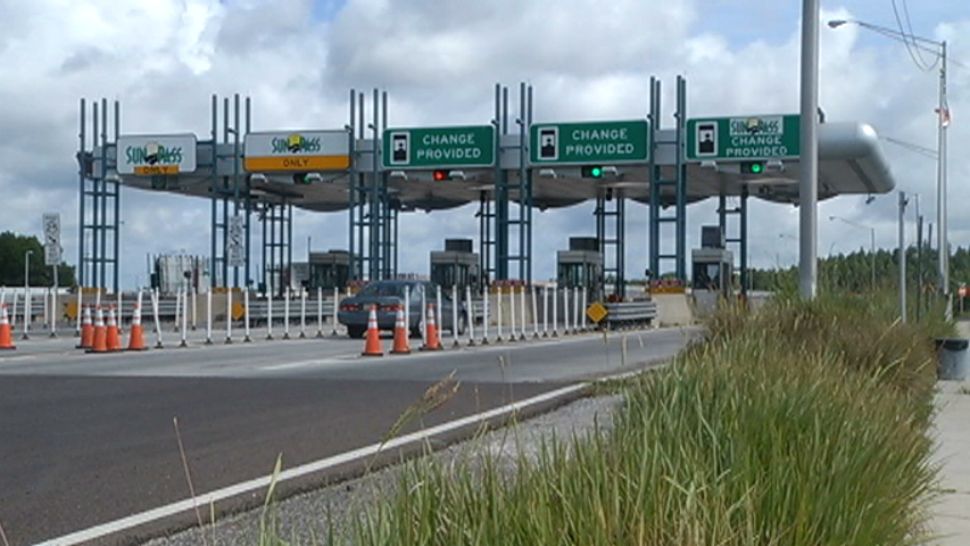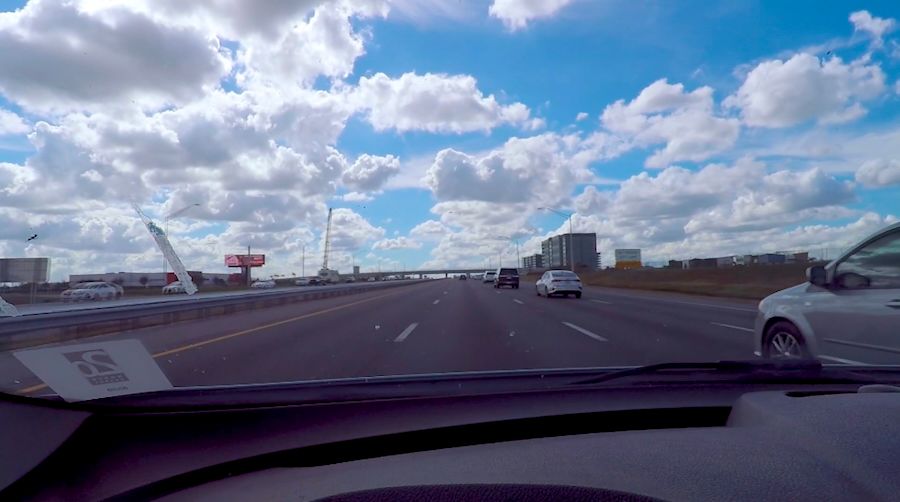TALLAHASSEE, Fla. — Florida was the nation's second-fastest growing state in 2019, the U.S. Census Bureau announced this week, with an average of 640 people moving to the Sunshine State every day.
While the daily migration figure is slightly less bullish than state leaders have been heralding, it could nonetheless bolster their case for a decade-long plan to build three new toll roads up and down the Florida Peninsula.
Here's five questions asked and answered regarding the plan, what the roads would connect, why critics are up in arms over the proposal, and what its likely future in the Florida legislature might be:
1. Where would the toll roads go?
Part of the so-called M-CORES project approved by the Florida Legislature in 2019, the three roads would extend the Suncoast Parkway from Citrus County to the Georgia state line; connect the Suncoast with the Florida Turnpike; and link Polk County with Collier County.
2. Why are they needed?
According to supporters, including Senate President Bill Galvano (R-Bradenton), the rapid increase in Florida's population will necessitate infrastructure improvements to ease growing traffic congestion.
By providing ways for motorists to bypass the state's main interstate highways, they say it will be much easier for people to get around.
3. What population growth figures have M-CORES proponents been citing?
Galvano and others have said 900 people are moving to Florida each day, a figure in line with forecasts developed by state economists. While the Census' finding that an average of 640 people moved to Florida each day in 2019 is somewhat lower, it still represents significant growth.
In 2019 alone, the state's population grew by more than 223,000 people, second only to Texas.
4. What does the finding mean for critics?
Opponents of the toll roads are warning that building them could decimate some of Florida's most ecologically-sensitive areas and exacerbate urban sprawl. The Census' confirmation that the state's population is, indeed, booming could dilute the impact of the critics' arguments, underscoring the urgency of the infrastructure problem.
5. What happens next?
When the 2020 legislative session convenes January 14, lawmakers will begin considering whether to approve the next round of funding for M-CORES. Under the timeline approved by the legislature last year, completion of the toll roads is envisioned no later than 2030.








